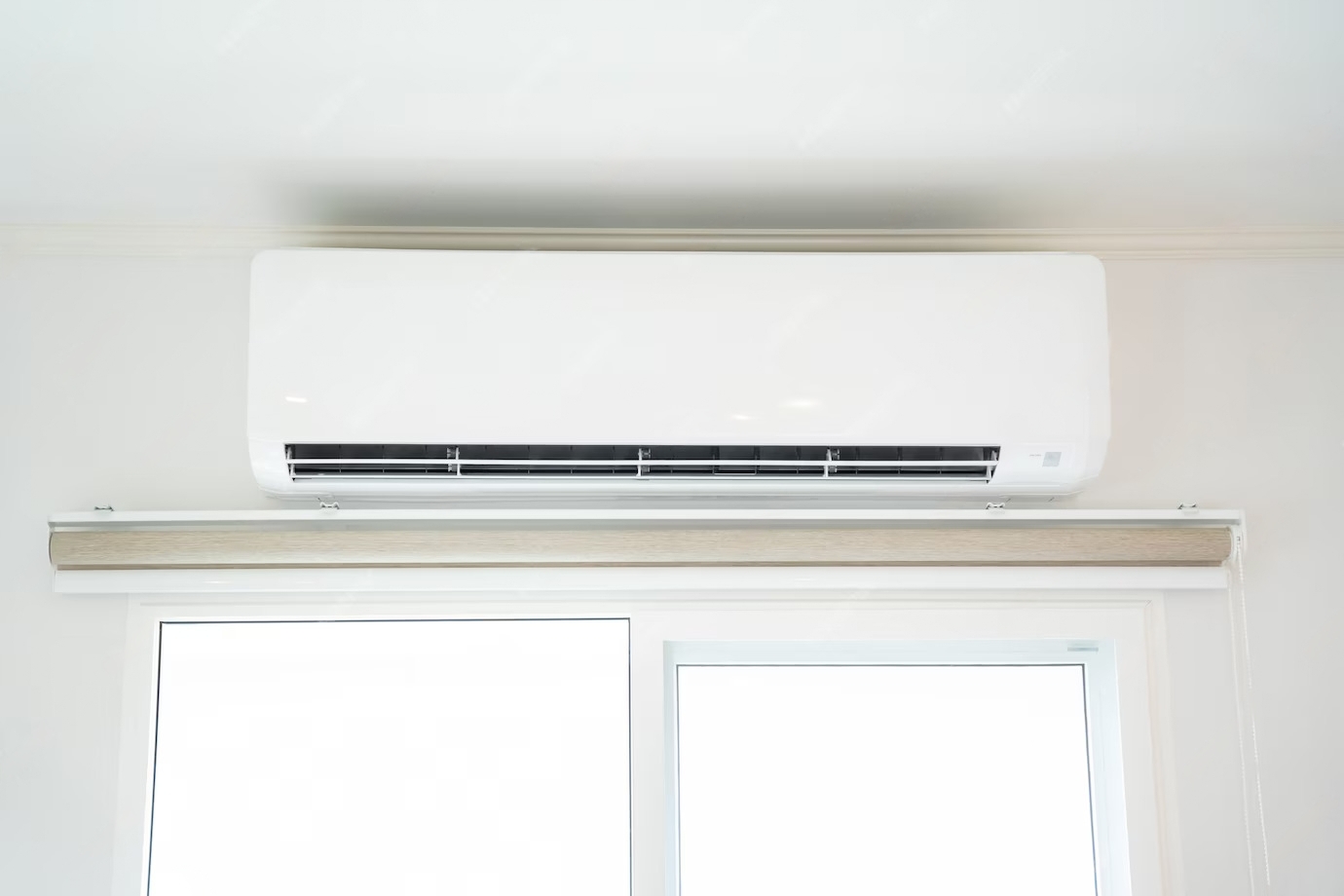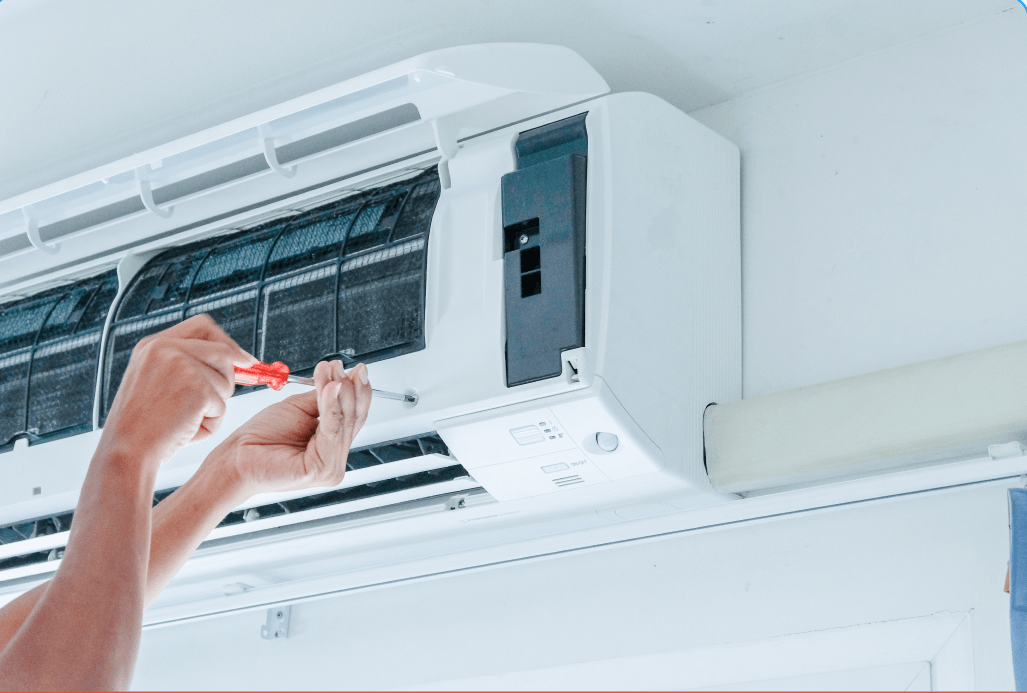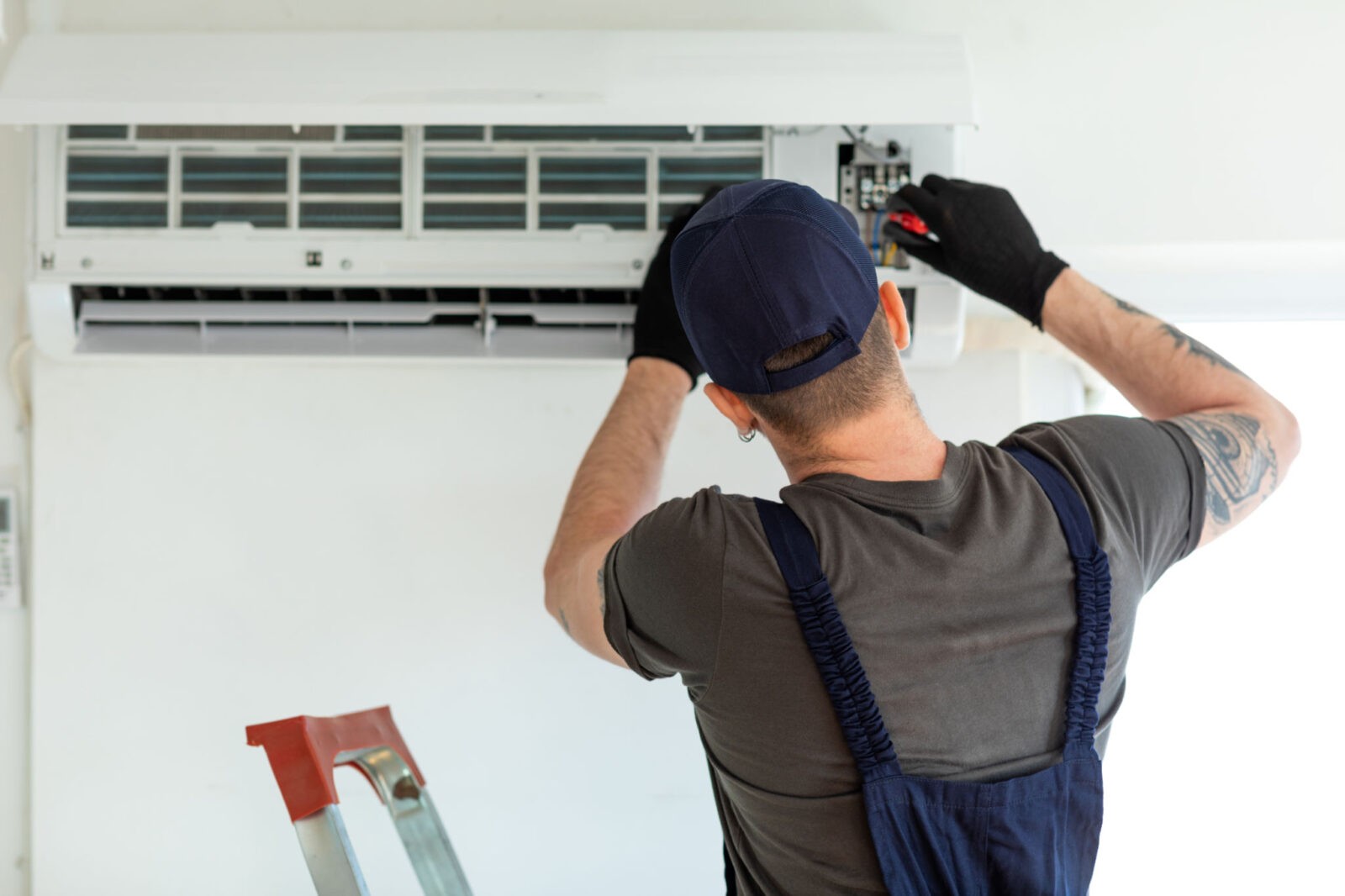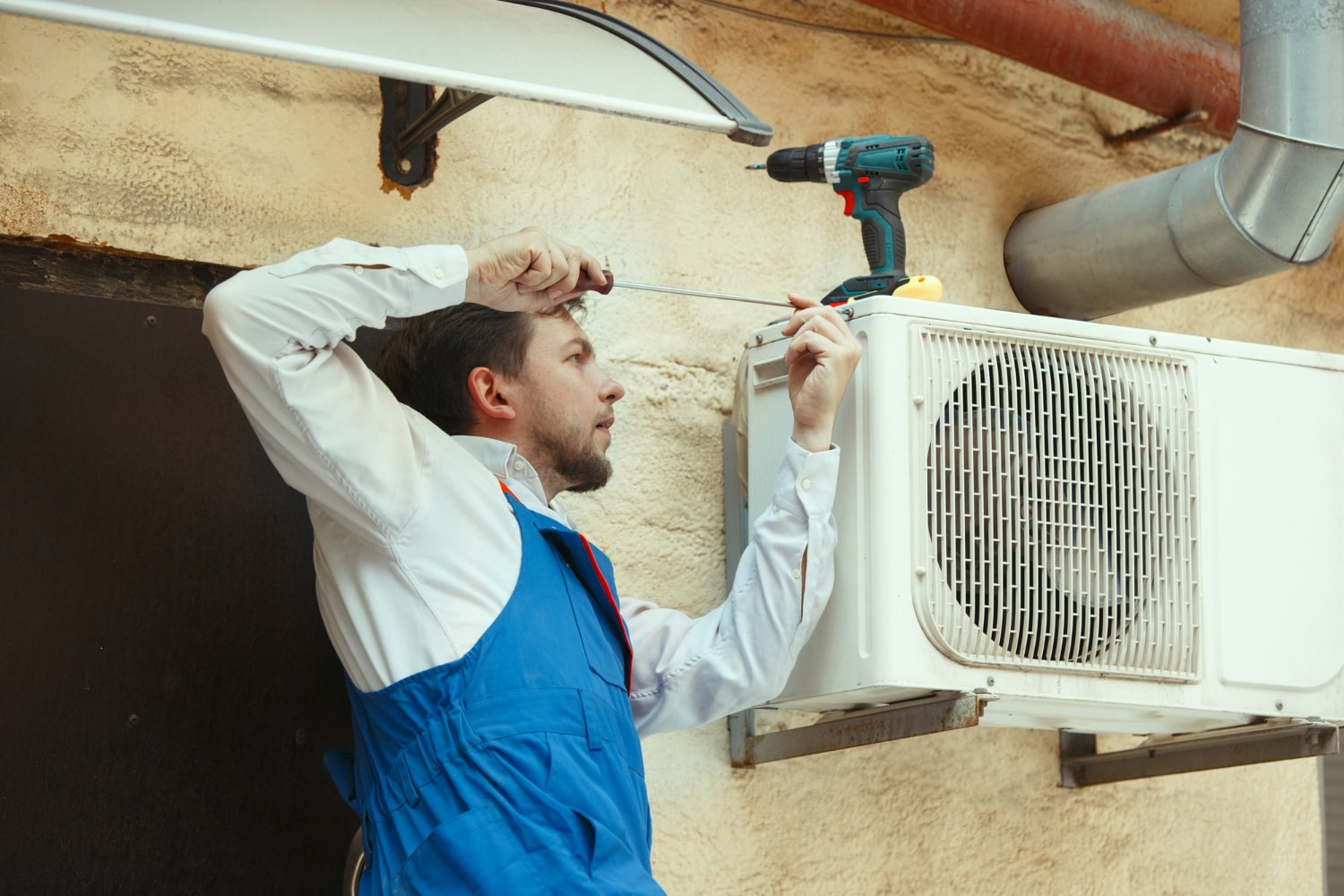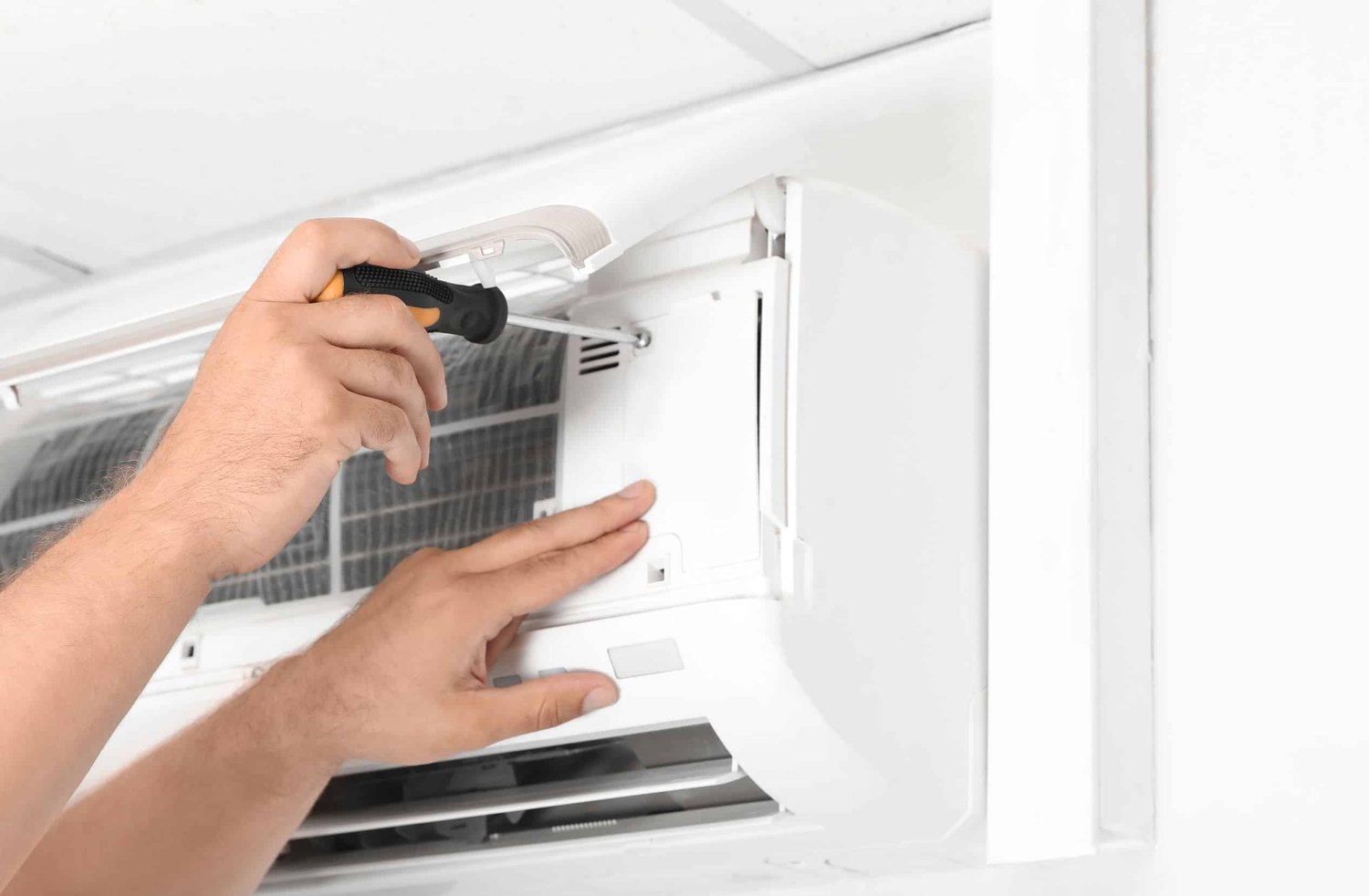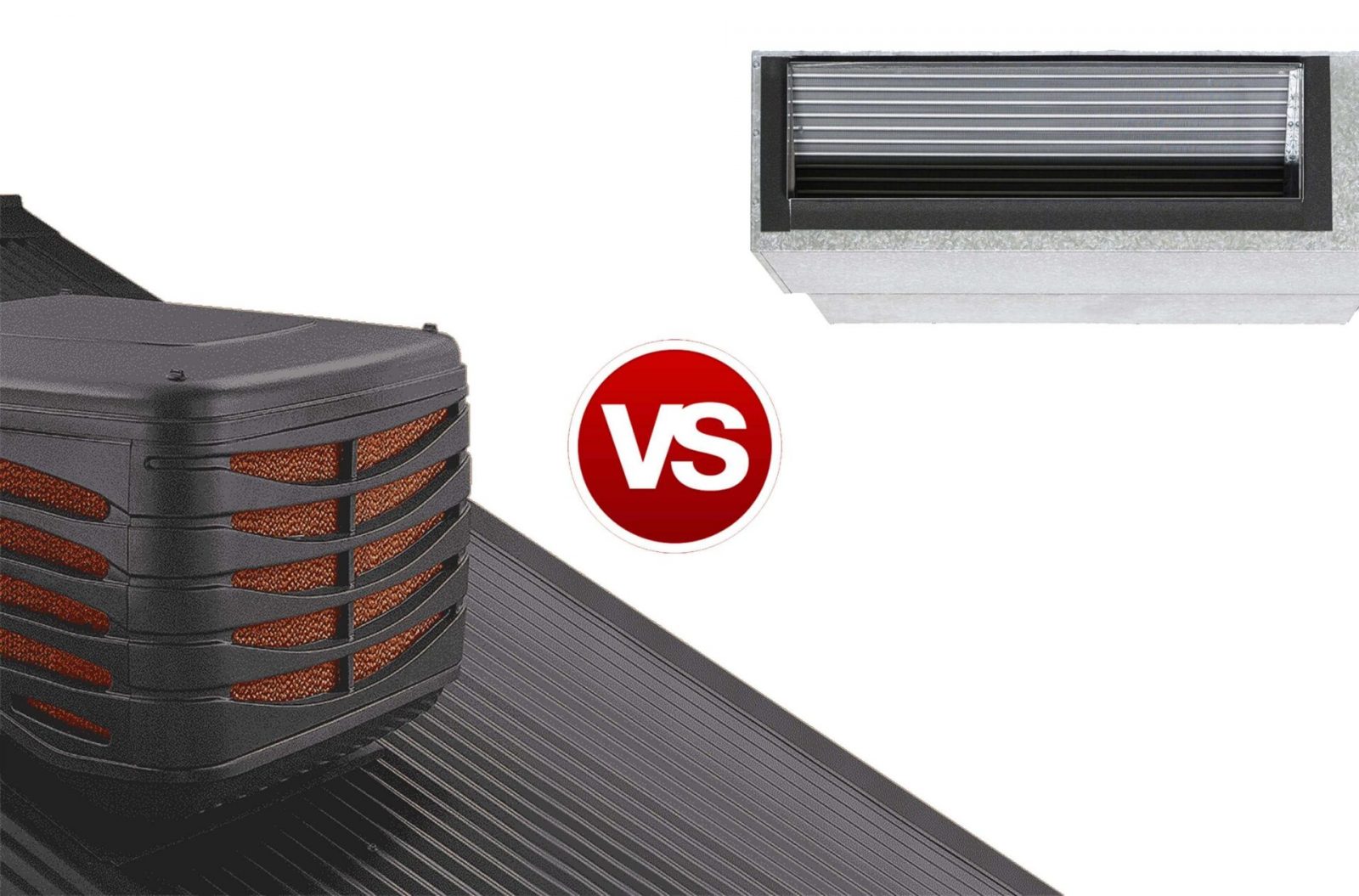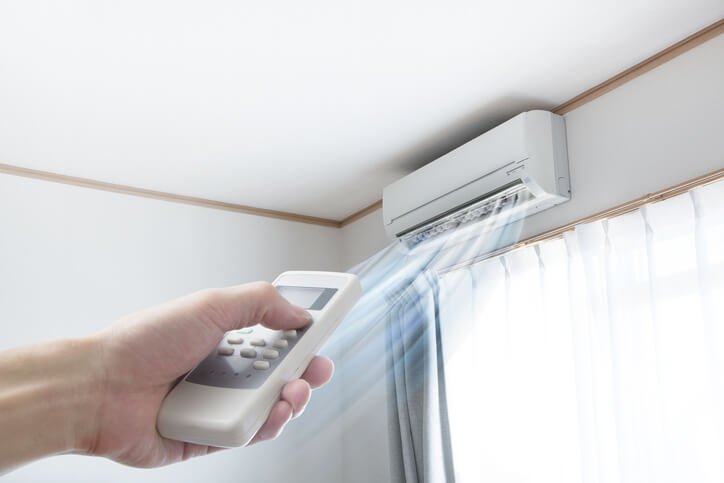Air conditioners have become an essential home appliance, especially in regions where summer heat can be unbearable. The right air conditioning system not only cools your home but also enhances your comfort by improving air quality and energy efficiency. However, buying an air conditioner isn’t as easy as it seems. With the variety of options available and the different factors to consider, your air conditioner selection should be an informed decision to ensure you purchase the right unit for your space.
In this comprehensive air conditioner buying guide, we will discuss everything you need to know before buying an air conditioner. From understanding the different types to evaluating key features and energy efficiency, you’ll gain insight into making the best choice for your cooling needs.
The Importance of Making The Right Choice
Selecting the right air conditioner is crucial because it directly affects your comfort, energy consumption, and long-term costs. A poorly chosen system could lead to inefficiency, higher electricity bills, and uneven cooling. In contrast, the right model will ensure optimal performance, save energy, and enhance indoor air quality. Additionally, your living space size, climate, and specific cooling requirements will determine the kind of unit that best suits your home.
When deciding which type of air conditioner you should get, several factors must be considered, including the unit’s cooling capacity, energy efficiency, noise level, and additional features such as smart controls. You should also consider your budget, installation costs, and maintenance requirements. Each type of air conditioner has its own pros and cons, which we’ll cover in detail below.
Types of Air Conditioners
- Split System Air Conditioners
A split system air conditioner is the most popular type, consisting of an outdoor compressor and an indoor unit. It is ideal for cooling individual rooms or open spaces. Split systems are efficient and offer quiet operation compared to other types. They also come with a variety of features, such as reverse cycle (heating and cooling), dehumidifying capabilities, and smart connectivity.
- Window/Wall Air Conditioners
Window or wall air conditioners are single-unit systems that can be installed in a window frame or a hole in the wall. They are compact and generally more affordable, making them ideal for smaller rooms. While they may not offer the advanced features of split systems, they are easy to install and maintain.
- Portable Air Conditioners
Portable air conditioners are freestanding units that can be moved from room to room. These are perfect for renters or those who need a temporary cooling solution. However, they tend to be less efficient than other types and may produce more noise. Additionally, portable units require an exhaust hose to vent hot air outside, which can reduce the convenience of their portability.
- Reverse Cycle Air Conditioners
Reverse-cycle air conditioners provide both heating and cooling, making them a versatile option for homes in areas with varying climates. These systems use a refrigeration cycle to cool during summer and reverse the process of heating during winter. They are energy-efficient and offer year-round comfort but can be more expensive upfront.
- Inverter Air Conditioners
Inverter air conditioners adjust the compressor speed to maintain the desired temperature rather than turning on and off like traditional systems. This results in more efficient energy consumption, quieter operation, and consistent comfort. Inverter technology can be found in split, window, and portable air conditioners.
- Smart Air Conditioners (Wi-Fi enabled)
Smart air conditioners allow you to control the unit remotely using a smartphone or other smart devices. They come with advanced features such as programmable settings, voice control, and energy tracking. These units are ideal for tech-savvy users who want greater control over their cooling system.
Key Features to Consider
- Cooling Capacity (BTU and kW)
The cooling capacity of an air conditioner is measured in BTUs (British Thermal Units) or kW (kilowatts). When choosing the best air conditioner, it’s essential to pick a unit with the right cooling capacity for your space to ensure efficiency. A unit with too little capacity will struggle to cool the room, while one with too much capacity will cycle on and off frequently, wasting energy.
- Energy Efficiency Ratings (EER and SEER)
Energy efficiency ratings, such as the Energy Efficiency Ratio (EER) and Seasonal Energy Efficiency Ratio (SEER), are critical when evaluating air conditioners. These ratings indicate how much cooling power the unit provides for the energy consumed. Higher ratings mean better efficiency, which translates into lower electricity bills over time.
- Noise Levels
Noise can be a significant factor, especially if you’re installing the air conditioner in a bedroom or living room. Check the unit’s noise rating (measured in decibels, dB) before purchasing. Split systems tend to be quieter, while portable and window units can be noisier.
- Air Filters and Air Quality Control
Air conditioners with high-quality filters can improve indoor air quality by removing dust, allergens, and pollutants. Look for models with HEPA or other advanced filtration systems, especially if you or your family members suffer from allergies or respiratory issues.
- Programmable Thermostats and Smart Controls
Modern air conditioners often come with programmable thermostats that allow you to set cooling schedules based on your daily routine. Smart air conditioners take this further with remote control via apps, voice assistants, and even energy usage tracking.
Choosing the Right Size for Your Space
- Room Size vs. Air Conditioner Capacity
One of the most important considerations when buying an air conditioner is determining what size air conditioner do you need. The unit you choose must be the right size for the room, which will dictate the required cooling capacity. A unit that is too small will not cool the room effectively, while a unit that is too large will cool the room too quickly, leading to inefficient operation.
- Understanding BTU Calculations
BTU, or British Thermal Units, is a measure of an air conditioner’s cooling power. To choose the right air conditioner size, determine how many BTUs you would need. This can be done by calculating the square footage of the room and multiplying it by 20. For example, a 250-square-foot room would require a 5,000 BTU air conditioner. You may need to adjust this based on factors such as high ceilings, sun exposure, and insulation quality.
- How to Ensure Even Cooling
Consider the placement of the air conditioner and whether additional fans or vents might be needed to achieve even cooling throughout the room. Proper circulation is essential for maintaining consistent temperatures throughout the space.
Energy Efficiency and Running Costs
- Importance of Energy Star Ratings
Energy Star-rated appliances meet strict energy efficiency guidelines set by regulatory bodies. Air conditioners with this rating use less energy to cool a room, which can significantly reduce electricity bills. Over time, the savings on running costs outweigh the potentially higher upfront cost of a more energy-efficient model.
- How to Calculate Running Costs
To estimate the running cost, multiply the air conditioner’s wattage by the number of hours it runs daily and then by your local electricity rate (measured in kilowatt-hours). This will give you an understanding of the long-term investment, allowing you to choose a unit that balances efficiency with performance.
- Tips for Reducing Electricity Consumption
To save on energy bills, use your air conditioner efficiently. Setting your thermostat to an optimal temperature and using ceiling fans to circulate air can reduce reliance on the air conditioner. Ensure that doors and windows are sealed properly to prevent cool air from escaping, and keep curtains or blinds closed during the hottest part of the day to block out excess heat.
Installation Considerations
- Professional Installation vs. DIY
While DIY installation might seem cost-effective, it can result in poor performance or even damage to the unit if not done correctly. Most air conditioners, especially split systems, require professional installation, as they involve refrigerant lines, electrical wiring, and precise positioning of the indoor and outdoor units. DIY installation can also void the manufacturer’s warranty.
- Installation Costs
Air conditioner installation costs vary depending on the type of air conditioner. Window and portable units are typically the cheapest to install, often requiring minimal setup. However, split systems and ducted air conditioners are more complex and may involve additional labour costs, depending on the difficulty of the installation and the need for additional electrical work.
- Placement for Optimal Performance
The placement of the air conditioner directly affects its efficiency. For split systems, ensure that the indoor unit is placed in a central location for optimal airflow. On the other hand, the outdoor unit should be placed in a shaded area with good ventilation to prevent overheating and boost energy efficiency.
Maintenance and Longevity
- Cleaning and Maintaining Your Air Conditioner
Regular maintenance is essential for extending the life of your air conditioner. Clean or replace filters every few months, check for obstructions in vents, and have the unit professionally serviced annually to ensure it operates at peak efficiency.
- Common Issues and Troubleshooting Tips
Common air conditioner issues include insufficient cooling, water leaks, and unusual noises. These problems can often be traced to clogged filters, refrigerant leaks, or malfunctioning fans. If basic troubleshooting doesn’t resolve the issue, contact a professional technician.
- How to Extend the Life of Your Unit
Proper maintenance, combined with responsible usage, can help extend the lifespan of your air conditioner. Set reasonable temperatures to avoid overworking the unit, and make sure to schedule regular servicing.
Additional Features and Extras
- Air Purifiers and Dehumidifiers
Some air conditioners come with built-in air purifiers and dehumidifiers, which can improve indoor air quality and reduce humidity. This is especially useful in humid climates where excess moisture can lead to mould growth.
- Heating Options (Reverse Cycle Models)
If you live in a region with cold winters, consider a reverse-cycle air conditioner that offers both heating and cooling. This can eliminate the need for a separate heating system, saving space and energy.
- Wi-Fi Connectivity and Smart Home Integration
Many modern air conditioners offer Wi-Fi connectivity, allowing you to control the unit through a smartphone app. These smart-systems can also integrate with other smart home devices, enabling voice control and automated routines.
Popular Air Conditioner Brands
When shopping for an air conditioner, consider trusted brands like Panasonic, Daikin, Mitsubishi, Fujitsu, and LG. These brands are known for their reliability, energy efficiency, and advanced features. Price ranges vary based on the model and features, but most reputable brands offer warranties that cover parts and labour for several years.
Conclusion
Buying an air conditioner is a significant investment, so it’s important to choose the right system for your home. When finding the right air conditioner, consider the type, size, energy efficiency, and additional features that meet your needs. Installation, maintenance, and brand reputation are also key factors in making an informed decision.
Follow these expansive guidelines, and you will be well-prepared to purchase an air conditioner that provides lasting comfort and energy savings.
If you need help with air conditioner installation or repairs, contact Patrick Refrigeration for quick assistance. Call (07) 4982 3740 today.

